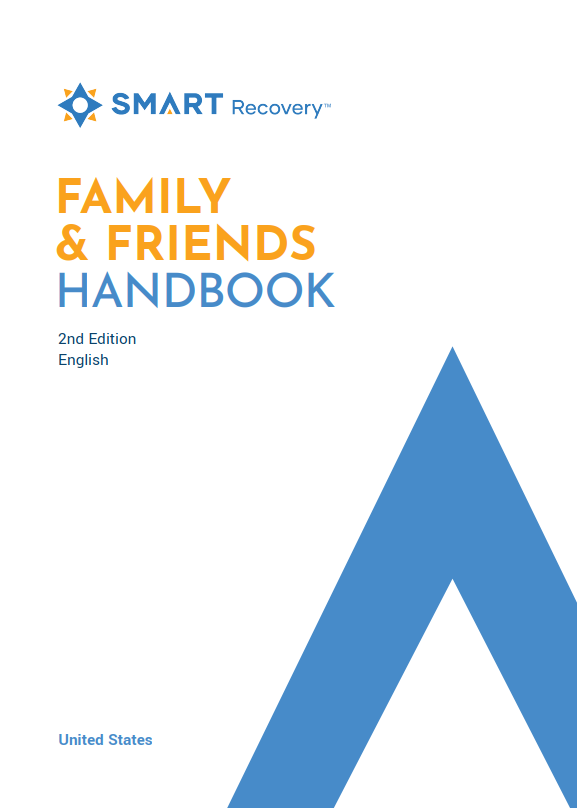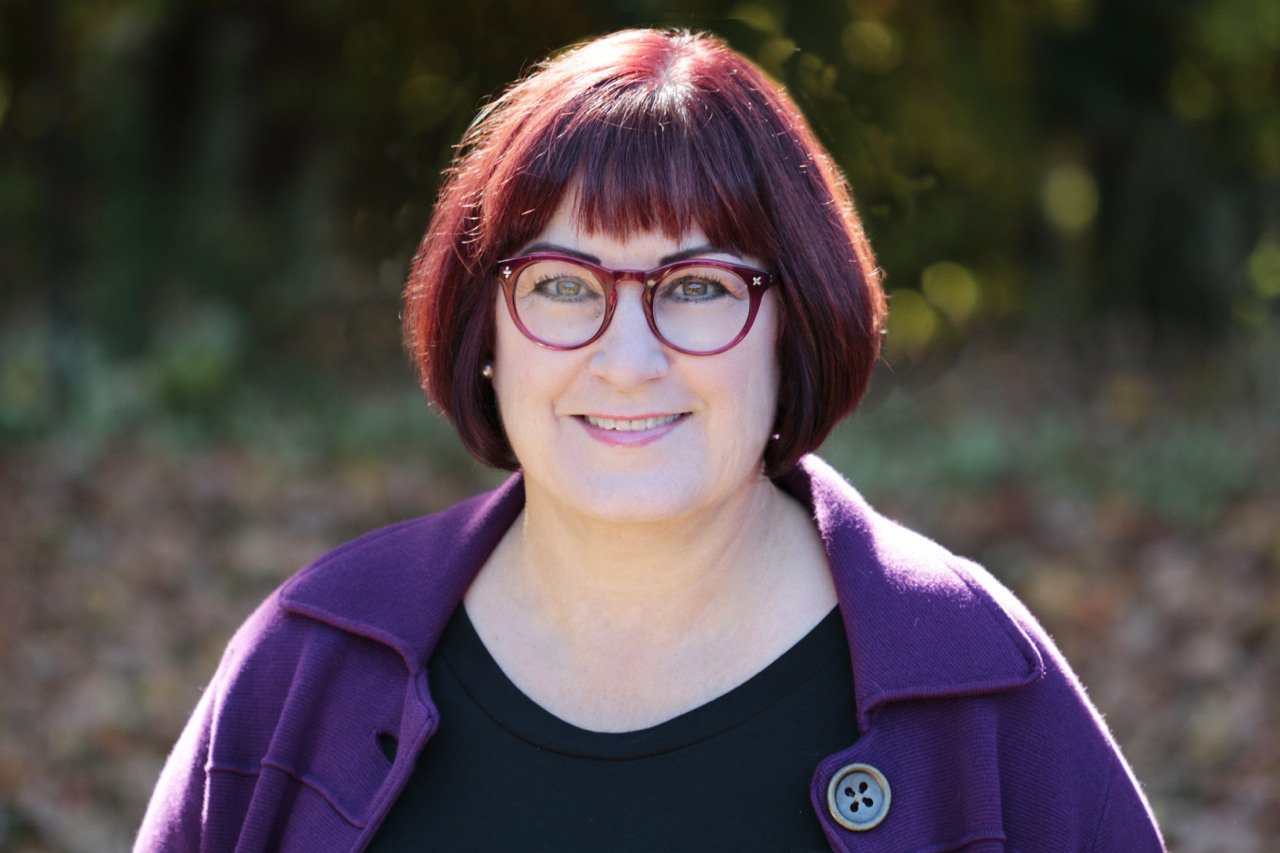Provided by SMART Family & Friends Facilitator, Ellen Kolton, MPH
“Why are liquor stores considered essential?” asked Cara during a recent Zoom meeting for Family and Friends. This mother of a two- and a three-year old who, because of the COVID-19 restrictions, is now working from home, looked exhausted during the call. “It’s been a horrible week,” she said, describing her days of trying to perform her job while caring for her rambunctious toddlers alone. Her husband still had to work outside their home, and when he came home, he often has beer or another alcoholic beverage with him. Cara (whose name has been changed to protect her anonymity) has been attending my SMART meetings for the last six months, steadily refining her skills of self-care, setting boundaries, and changing the way she talks to her husband: substituting recriminations and anger with praise and support for his efforts to refrain from drinking. But the stresses imposed by the COVID-19 quarantine have been eroding her progress. She and several others who “Zoomed” in the other evening, shared their challenges in support of a partner or a child during this interminable period of isolation. Supporting concerned loved ones (CSOs) during the COVID-19 crisis has been the focal point of recent Family & Friends meetings. Several CSOs reported that their partners or children were either relapsing or continuing to use alcohol and drugs. We discussed how isolation, boredom, and loneliness can trigger people with substance use disorders. CSOs discussed how we also get triggered when we suspect or see them using substances, reverting to the unproductive behaviors that we’ve tried to eliminate. Cara and other participants described angry confrontations they’ve had with their children and partners…and their regrets afterwards. “Let’s talk about the DEADS tool,” suggested a regular participant, who moved back in with his grown son to support him during this time. DEADS is the tool that people in recovery use to combat the urge to use the substance they’re trying to quit. For family and friends, “DEADS” can be adapted as a reminder to not backslide into the range of unproductive behaviors that lead to conflict. Each letter symbolizes a way to refrain from saying or doing things that you may regret. In short, when you feel triggered by your partner’s or child’s addictive behaviors, you might try using this tool:
DEADS
- D stands for Delay. Don’t say the first thing that comes to mind, which may reflect your own frustration with his or her behavior. Pause.
- E stands for Escape or Exit before the situation escalates. Take a break by either leaving the room, the house, or ending the phone call.
- A stands for Accept, probably the trickiest part of the exercise. Accept that this is the reality at the moment, even if it seems intolerable. Accept that you can’t change their behavior, you can only control your response to it. It also stands for Avoid, as in conflict!
- D stands for Distract. Find something to Divert your attention from the situation. Take a walk, watch a TV show, call a friend.
- S stands for Substitute. In this case, substitute an irrational thought with a rational one. For instance, instead of deciding, “If he cared about me he wouldn’t drink,” Substitute “He probably feels terrible about this lapse and I don’t want to make it worse right now.” Or Substitute “I can’t stand this another minute” with “I don’t like what’s happening, but I can handle it.”
About SMART Recovery Family & Friends
SMART Recovery Family & Friends helps those who are affected by substance abuse, drug abuse, alcohol abuse, or other addictions of a loved one. Our program is a science-based, secular alternative to Al-Anon and the Johnson Intervention, and our method is based on the tools of SMART Recovery and CRAFT (Community Reinforcement and Family Training). CRAFT aims to teach family and friends self-protection and non-confrontational communication skills to help their addicted loved one find recovery. You can find Family & Friends meetings in-person and online.- Find a local meeting: Please click here to search for a local SMART Recovery Family & Friends meeting.
- Register for online meetings: To participate in the online Family & Friends meetings, registration is required at the SMART Recovery Online website: www.smartrecovery.org/community.




